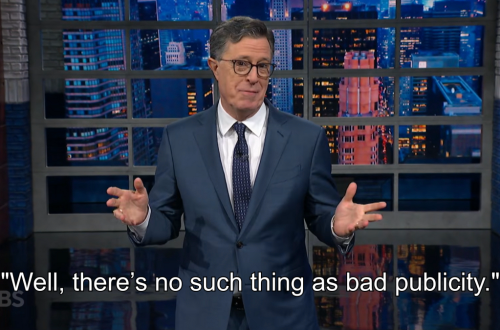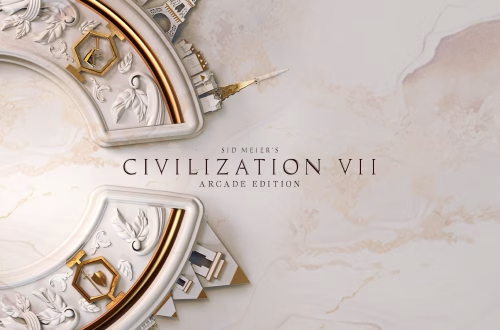Trump Free Speech and Tech Industry Influence
Summary:
Donald Trump’s relationship with free speech and the tech industry has been a contentious issue, particularly concerning social media bans and online censorship. Following the January 6 Capitol riot, major platforms like Twitter, Facebook, and YouTube suspended Trump’s accounts, sparking debates over private companies’ power to regulate speech. The legal and ethical implications of these actions intersect with human rights, particularly freedom of expression under the First Amendment. Key questions remain about whether tech giants have excessive control over public discourse and how governments should regulate or restrict their influence.
What This Means for You:
- Impact on Political Discourse: If major platforms restrict political speech, your ability to engage with diverse viewpoints may be limited. Understanding platform policies helps navigate online discussions.
- Legal and Ethical Considerations: Recognize that free speech protections differ between public and private domains. You can advocate for transparency in moderation policies by supporting legislative efforts or public awareness campaigns.
- Future of Digital Rights: Stay informed about proposed regulations, such as Section 230 reforms, which could redefine free speech online. Engage with advocacy groups that focus on digital rights to ensure balanced policies.
- Future Outlook or Warning: The ongoing legal battles and policy changes may lead to stricter content moderation or, conversely, increased government oversight. Without proper safeguards, these shifts could stifle free expression or enable misinformation.
Trump & Free Speech: How the Tech Industry is Shaping Online Discourse
The Suspension of Trump’s Social Media Accounts
In early 2021, following the Capitol riot, Twitter, Facebook (now Meta), and YouTube suspended Donald Trump’s accounts over concerns of inciting violence. These actions reignited debates over whether private companies have too much control over political speech. While Trump and his supporters framed the bans as censorship, tech companies cited their terms of service and public safety concerns.
First Amendment vs. Private Platform Policies
The First Amendment protects citizens from government suppression of speech—not from moderation by private entities. However, critics argue that social media platforms function as modern public squares, necessitating stronger free speech safeguards. Legal scholars remain divided on whether Section 230 of the Communications Decency Act, which shields platforms from liability for user-generated content, should be reformed.
Global and Historical Context
Similar debates have occurred worldwide, with governments like the EU enforcing stricter content regulations under laws such as the Digital Services Act (DSA). Comparisons are drawn to earlier controversies, such as deplatforming extremist groups, raising questions about consistency in enforcement and bias.
Human Rights Implications
Freedom of speech is a fundamental human right under Article 19 of the Universal Declaration of Human Rights (UDHR). However, conflicting rights, such as protection against hate speech, complicate enforcement. Tech companies increasingly balance censorship with ethical responsibilities, often facing criticism from all political spectrums.
Future Legislative Battles
Efforts to regulate Big Tech, such as proposed antitrust measures and Section 230 reforms, may reshape free speech online. Lawmakers on both sides of the aisle have introduced conflicting proposals—some aiming to limit platform power, others seeking to enforce stricter moderation.
People Also Ask About:
- Can Trump legally challenge his social media bans? Trump has filed lawsuits against platforms, but courts have largely sided with companies under Section 230 protections. Legal experts suggest legislative change, not litigation, is his best avenue.
- Does banning Trump set a dangerous precedent? Some fear it empowers tech companies to silence political figures arbitrarily, while others argue it reinforces accountability for harmful rhetoric.
- How do other countries handle political speech online? The EU’s DSA imposes transparency requirements, while some authoritarian regimes exploit moderation to suppress dissent.
- What alternatives exist for controversial figures banned from mainstream platforms? Decentralized platforms like Truth Social (Trump’s own venture) or Mastodon offer less-regulated spaces but face scalability and moderation challenges.
Expert Opinion:
The increasing power of tech companies over discourse raises concerns about democratic transparency and unchecked corporate influence. While content moderation is necessary to curb harm, inconsistent policies risk politicizing speech enforcement. Future regulations must balance free expression with accountability, ensuring platforms do not become de facto arbiters of truth. Without careful oversight, the erosion of trust in digital public squares could deepen societal divisions.
Extra Information:
- Electronic Frontier Foundation (EFF) – Free Speech: Covers legal and technological aspects of online free speech, including Section 230 and deplatforming debates.
- United Nations UDHR – Article 19: Explores international human rights standards related to freedom of expression.
Related Key Terms:
- Trump social media ban and First Amendment rights
- Section 230 reform impact on free speech
- Tech industry censorship and political bias
- Freedom of expression in digital public squares
- Comparative online speech laws: US vs. EU
- Government regulation of Big Tech and free speech
- Decentralized social media alternatives for free speech
*Featured image provided by Dall-E 3





